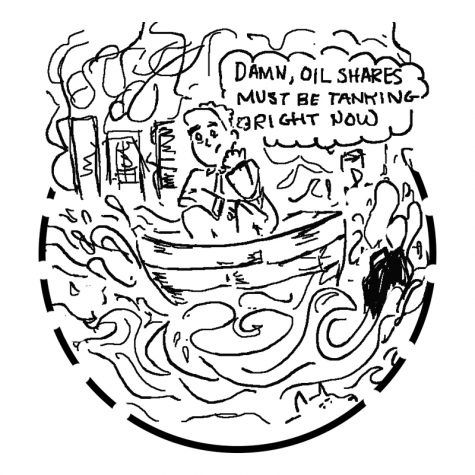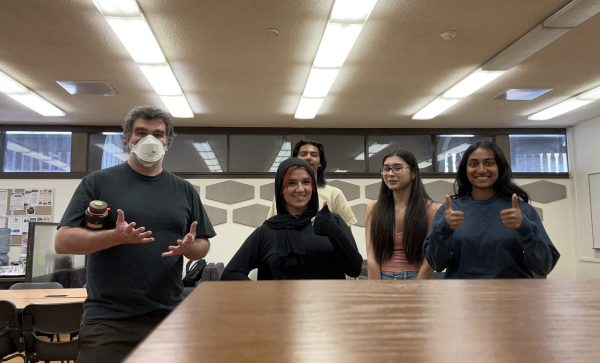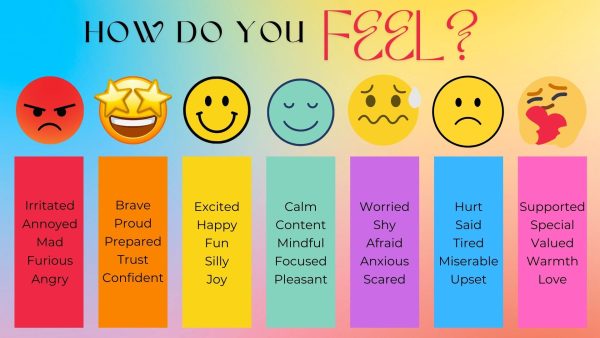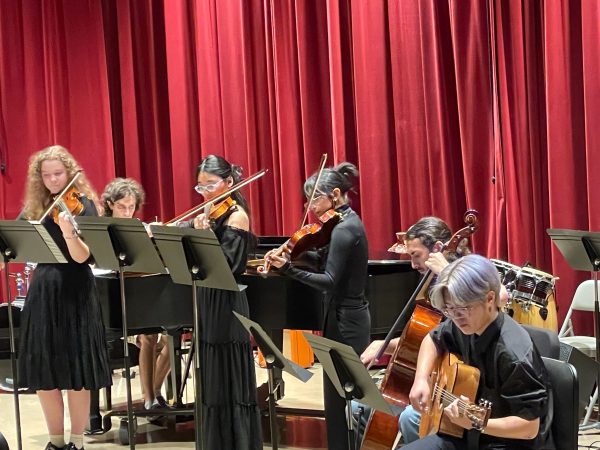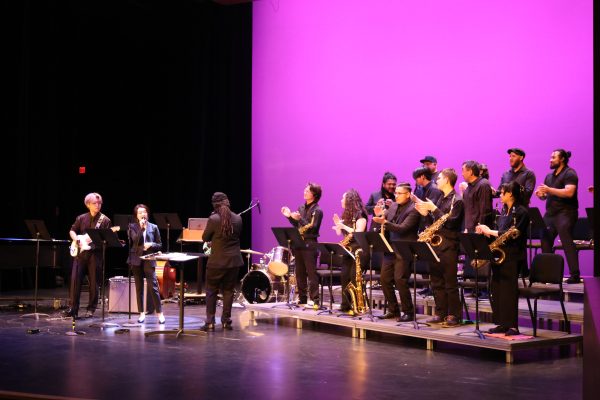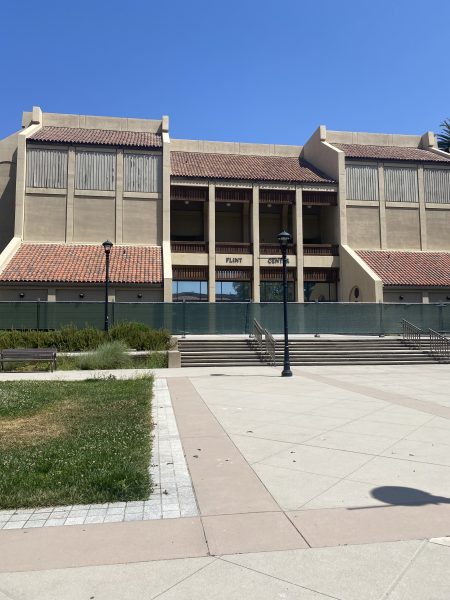Extreme Weather: “The Point of No Return”
Bill Roeder is a professor in De Anza’s Environmental Studies department and oversees the Energy Management and Building Science vocational program, which focuses on design of energy efficient structures. In light of extreme weather events locally and worldwide, La Voz met with Roeder to explore our role in shifting natural order.
Andrew: Is there a connection between these recent extreme weather events and climate change?
Professor Roeder: “All the extreme weather conditions we’re seeing not just here in the Bay Area, but globally, over the last month or so, are all tied to climate change.
The Earth is getting warmer, and because oceans are getting warmer it’s fueling storms and rising sea levels. Cities that are close to the ocean that are sea level or below are clearly, within the next 50 years, going to be underwater at the rate we’re going.”
Andrew: Can you give a brief explanation of the science behind climate change?
Professor Roeder: “We emit a lot of carbon into the atmosphere CO2 with our cars, the food we eat…all these greenhouse gases basically cloud up that atmospheric layer which keeps the infrared rays from moving out of the atmosphere…which starts to warm the temperature of the Earth. We’re seeing ice caps melt, we’re seeing very strange atmospheric and weather conditions as a result of that and that’s what’s causing both the Earth and the ocean to warm up to the point where we’re seeing lot of changes…there’s clearly something going on and we’ve seen evidence of it in the last month. It’s been pretty dramatic.”
Andrew: What are the consequences you foresee if we don’t make any changes?
Professor Roeder: “It’s more than just environmental science. It’s about life. It’s about social equity. It’s about people having things that they need to survive. As the world starts to get warmer, as we start to have less crops, as we start to have more refugees, as we have more rising sea levels in areas that are coastal at sea level or below, people start to get displaced and we have to figure out what we do with them. There’s an economic cost, there’s a geopolitical cost in terms of who’s going to house these people, and there’s a resource cost in terms of how expensive these resources become for people to be able to buy them.
So it’s an interwoven issue… First day of class when somebody signs up for an environmental studies class, they think they are going to be hugging trees all quarter. I try to explain to them, trees are incredibly important…but at the same time, it’s more than just hugging trees. It’s about our lives. This is about your future, the future of your kids, and the future of your grandchildren if we continue on the path we’re on, and we ignore Mother Nature’s signs. She’s screaming loud right now with all these hurricanes and how hot it has been and the earthquakes and everything that has happened in the last month. If we ignore all this, we may not be able to correct it. We could be beyond the point of no return.”
Andrew: What can students who are passionate about this topic do to help?
Professor Roeder: “I’m very sensitive to the fact that students are on a limited budget. There are small things every student can do. You can use your eco-pass, you could take the bus to school, you can carpool. I’m not going to force anybody to be a vegetarian…but once you start to understand the amount of greenhouse gases created by what I called animal agriculture…You start to look at it differently and eat a lot more fruits and vegetables.
People look at climate change and think, wow, that’s this big monstrous thing and I can’t possibly affect it. Think about it this way. There are 7.5 billion people on the planet. If everybody did just one thing, think about how powerful that would be. If we wait for somebody else to solve the problem, it’s not going to solve itself. We have to take ownership for it.”
Andrew: Are you optimistic about the future?
Professor Roeder: “I am encouraged by the fact that your generation..is less materialistic than my generation was. I think you guys deep down care about things like this…once you’re focused and you understand the issue, you give it importance in your lives. It’s not all about making money… yeah, I am pretty optimistic.”
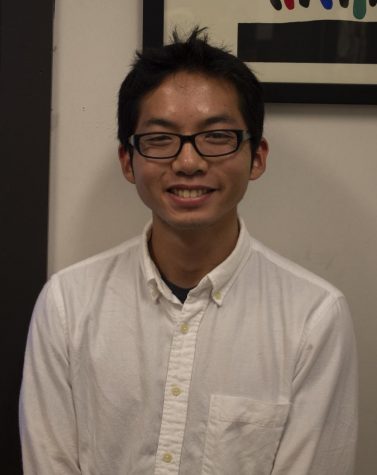
Andrew Shinjo is a journalist, physics student and public policy advocate. In his spare time, he enjoys work as a semi-professional nature photographer....



